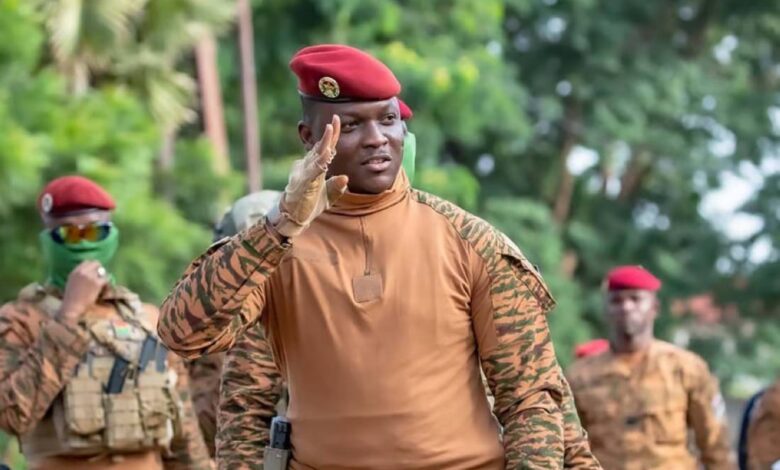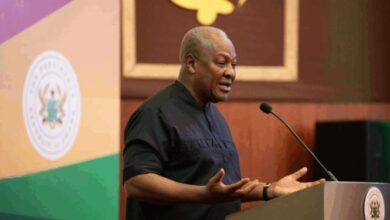
In a landmark policy decision with the potential to transform the nation’s educational system, Burkina Faso’s President Ibrahim Traoré has announced the complete abolition of school fees across all levels of education, from primary school through to university.
This significant move, effective immediately, aims to dramatically expand access to education and foster greater social equity throughout Burkina Faso. The government’s objective is to empower its youth, cultivate a more educated and resilient populace, and reduce existing educational disparities across the country.
The elimination of school fees is being widely celebrated, particularly by families grappling with economic hardship, for whom education, especially in rural and underserved regions, has often been an unattainable aspiration. By removing these financial barriers, President Traoré’s administration anticipates a substantial increase in enrollment and retention rates, a reduction in student dropouts, and a bridging of the educational gap between different geographical areas and socioeconomic strata.
While the policy shift has garnered significant praise from education advocates and international organizations who view it as a crucial step towards building a more educated, resilient, and equitable society, questions regarding the long-term financial sustainability of this ambitious undertaking and the capacity of the existing educational infrastructure to accommodate a potential surge in student numbers have been raised.
Despite these concerns, this historic initiative underscores a strong commitment to inclusive development and reinforces the fundamental principle that education is a basic human right that should be accessible to all citizens of Burkina Faso, regardless of their economic background or geographic location. The ripple effects of this policy are expected to be closely watched by neighboring countries and the international community.



